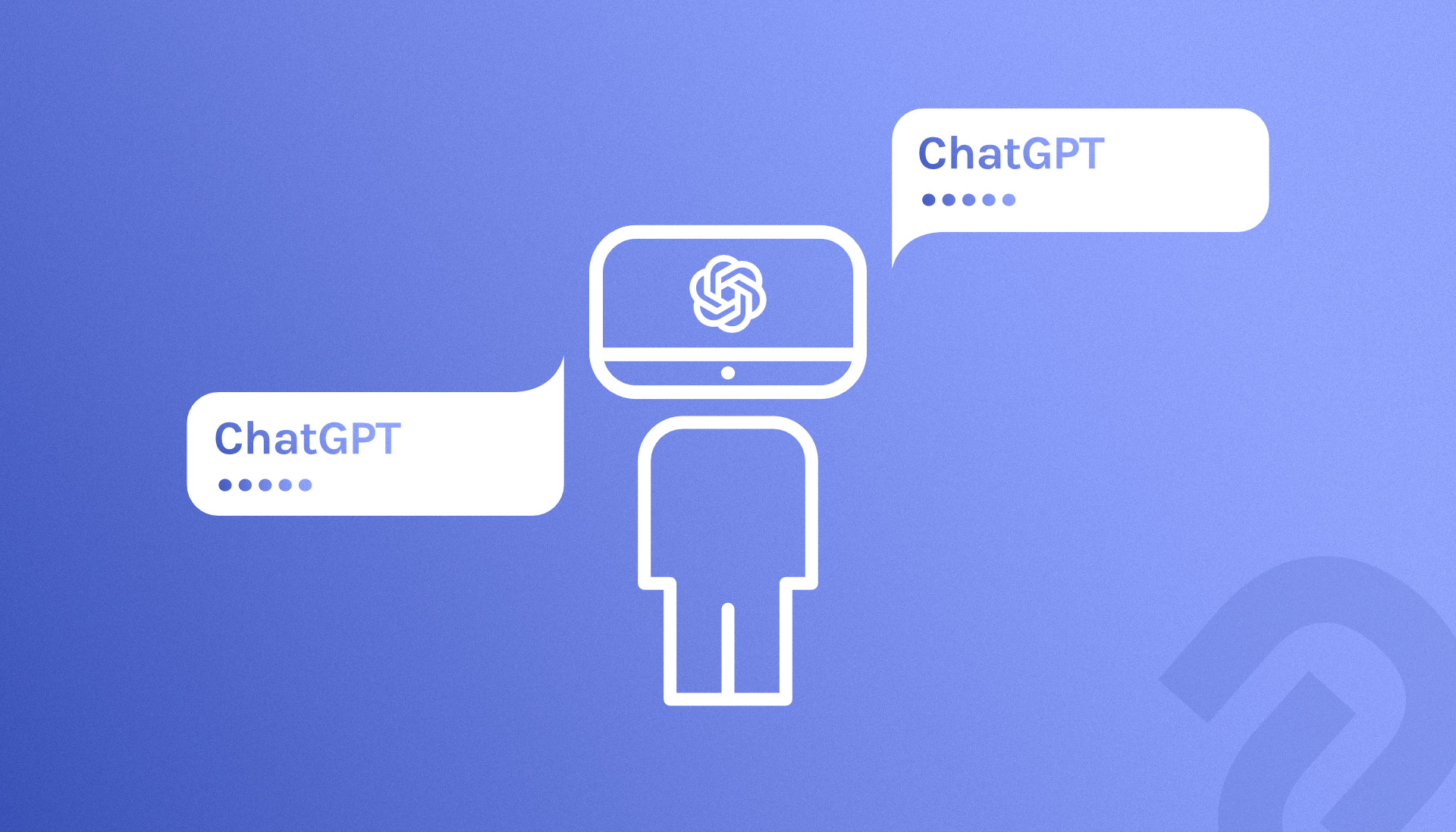The use of AI on a large scale is uncovering new language trends — and bringing out some outdated words. The use of certain words would even have become revealing of texts generated by ChatGPT, but above all of the way in which it was trained.
“ Delve » is not really a frequently used English word. It refers to the fact of “ reach something from a surface “, or ” examine something in detail, try to find information “, according to the Cambridge dictionary. However, since 2023, its use in scientific research articles has increased tenfold, as noted artificial intelligence expert Jeremy Nguyen.
Advertisement
Why this sudden and comical increase in the use of the word “ delve » ? The answer would be simple, according to the researcher: ChatGPT. The OpenAI chatbot would be massively used to write research articles, said Jeremy Nguyen in a post on X (formerly Twitter). But ” delve ” isn't the only unusual word used disproportionately by artificial intelligence — and that may be due to the way chatbots are trained.
ChatGPT develops its own language tics, inspired by the workers who trained it
In an article published on April 16, 2024, The Guardian explains that this mania for using “delve” everywhere is not a coincidence: “ rather, it is a very real phenomenon, related to how ChatGPT was developed. » Like other chatbots, ChatGPT relies on a language model to function — and this model itself was trained on gigantic quantities of text found on the Internet. These texts were then labeled, and the training of the AI on these language models was supervised by humans.
However, these humans are, most of the time, precarious workers, of the ” little AI hands » working at low prices from Kenya or Madagascar to label the data. However, if “delve” is rarely used in British or American English, in Nigeria, the word “ is much more frequently used in business English », notes the Guardian. “ So the people responsible for training the AIs provided examples using their language, resulting in an AI system that writes slightly like English spoken in Africa. »
AIs using French are usually trained by Malagasy workers — and the results they produce could therefore be influenced by their way of speaking. As algospeechthis way of speaking on TikTok to avoid algorithm moderation, the use of ChatGPT creates a new way of expressing yourself straight out of this “ digital colonization ” : THE ” AI-ese ”, which could be translated into French as “Ialien”.
Advertisement

This “alias” is particularly remarkable, and the Guardian article and Jeremy Nguyen's remarks therefore did not surprise AI regulars. In a subreddit dedicated to ChattGPT, users had fun sharing other terms which, according to them, were indicators of sentences written by the chatbot. Among those who returned the most, we can note “ mysterious “, ” burgeoning “, ” demystify “, ” sturdy ” And “ safeguard “. Individually, none of these words are really surprising (with the possible exception of buddingrarely used in everyday life), it is above all the combined use of these terms which is generally a sign of AI.
